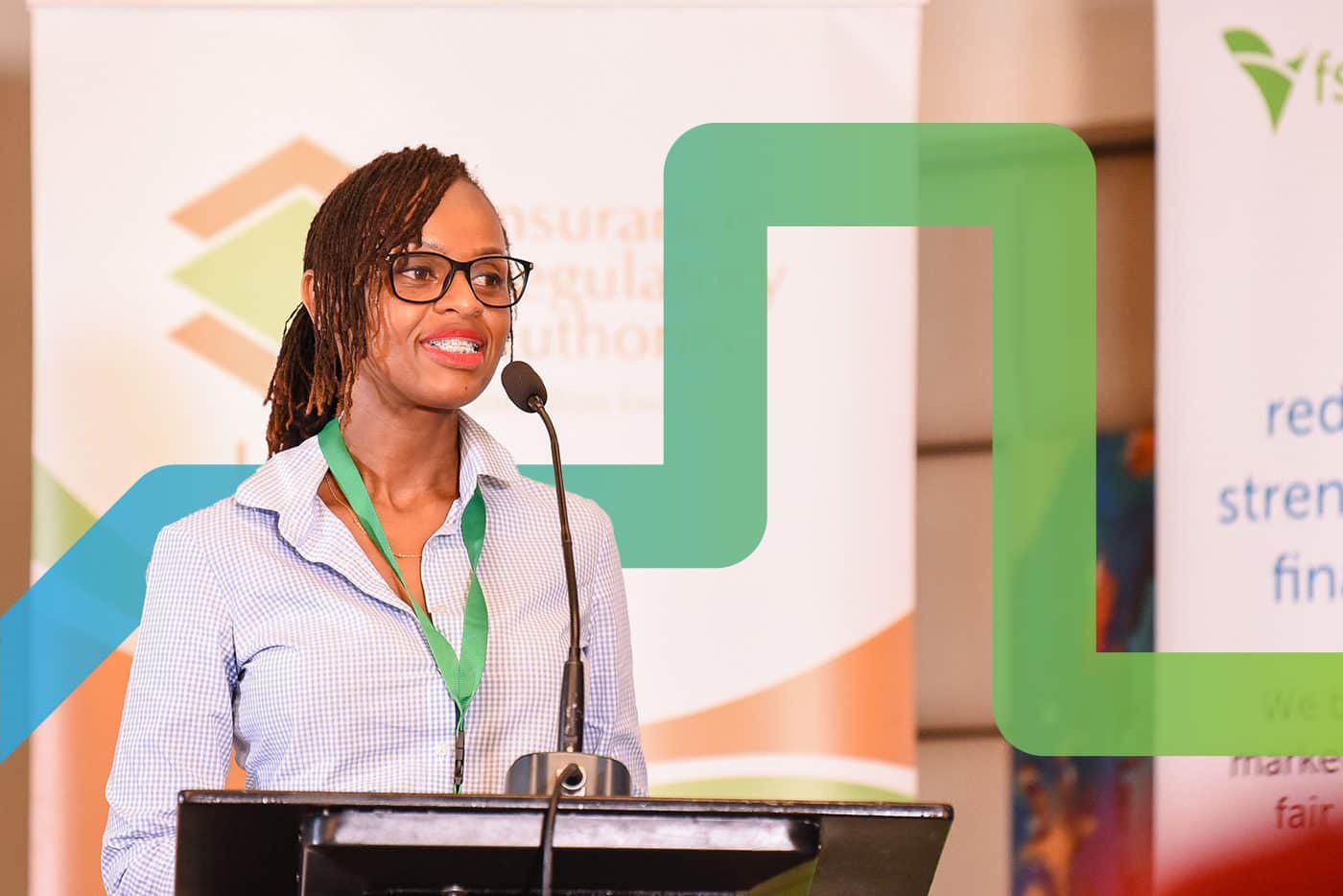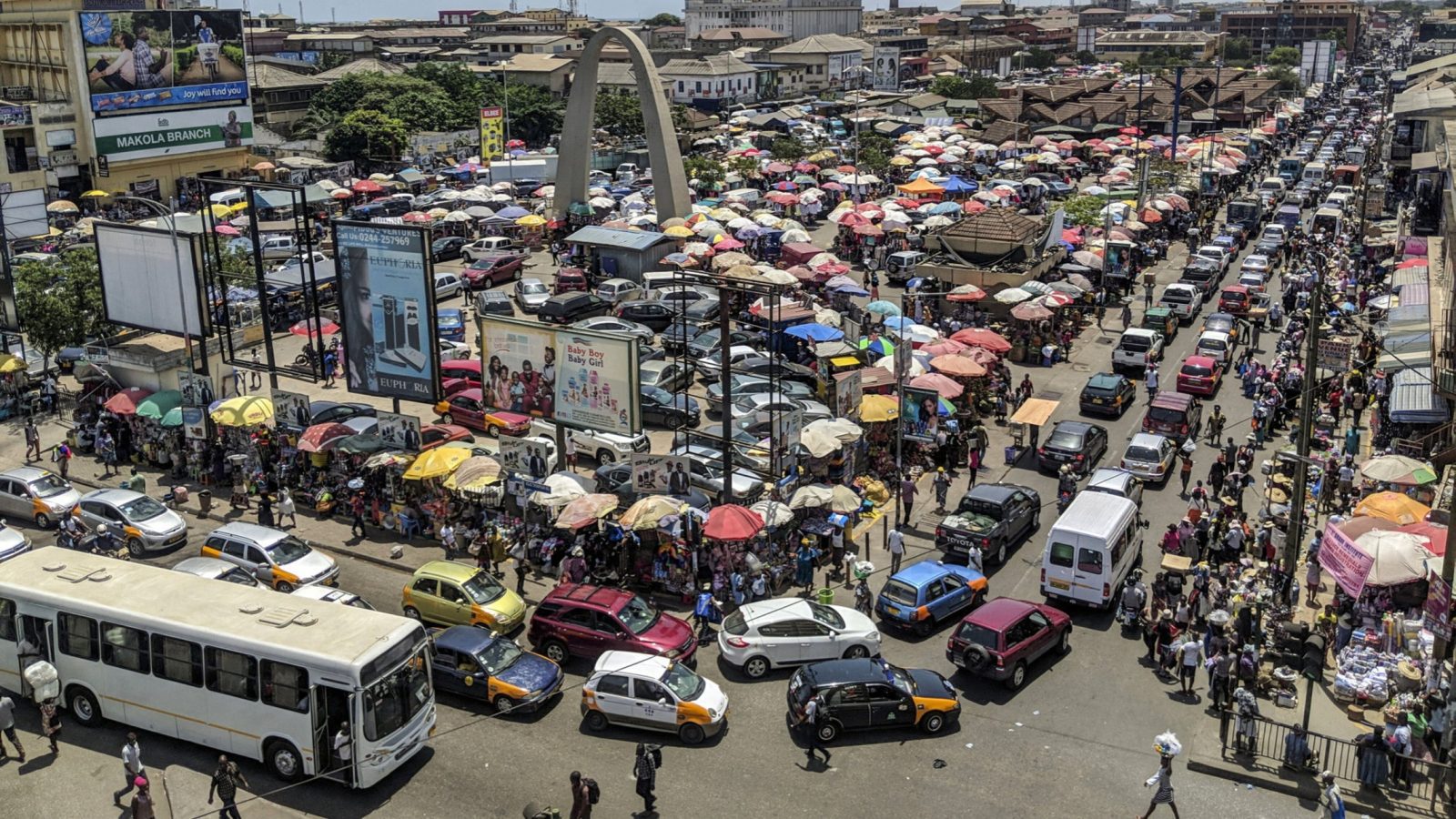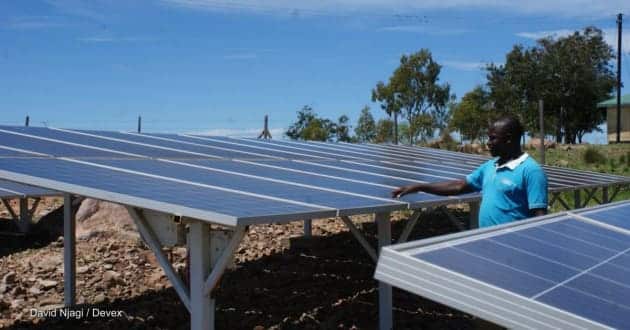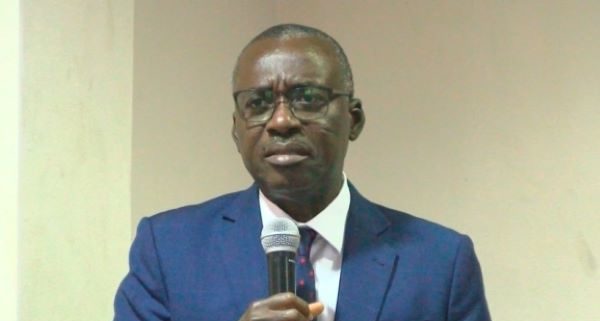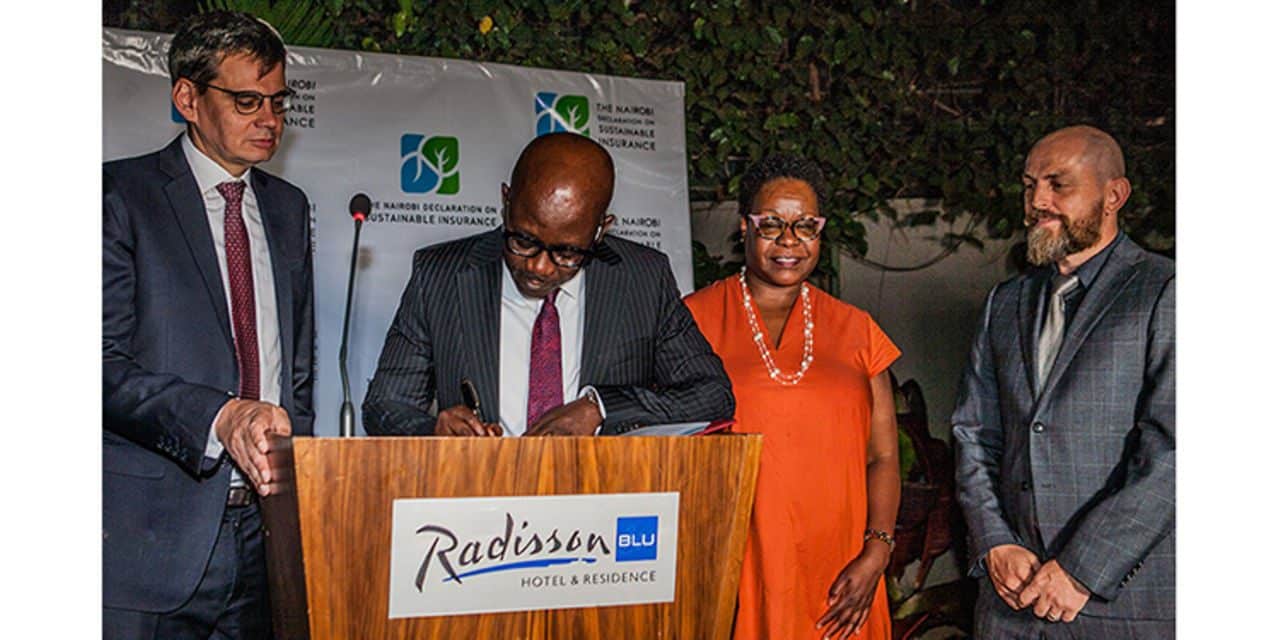Addis Ababa, March 7th, 2024 – Today marks a significant milestone in Ethiopia’s journey towards fostering innovation and entrepreneurship in the insurance technology landscape. The inaugural BimaLab Ethiopia Demo Day, organized by FSD Ethiopia in collaboration with FSD Africa and the Bill and Melinda Gates Foundation, celebrates graduation of the transformative four-month journey for the cohort of 10 startups and 4 corporates.
Since its inception, the BimaLab Ethiopia program, implemented by FSD Ethiopia with funding from the Bill and Melinda Gates Foundation in cooperation with FSD Africa and the National Bank of Ethiopia, has driven innovation and positive change in the insurance sector.
The program provided participants with invaluable mentorship, training, and resources to develop and refine their innovative Insurtech solutions.
“Hosting the inaugural BimaLab Ethiopia Demo Day and graduation signifies a key milestone in our efforts to foster innovation and entrepreneurship in the insurance technology landscape.” says Abel Taddele, Financial Inclusion, Director. “The cohort’s innovative solutions hold potential to make a tangible impact and contribute to advancement and deepening of the Insurtech ecosystem in Ethiopia.”
Partnering with the Bill and Melinda Gates Foundation has further strengthened the program’s impact, fostering an environment conducive to innovation and entrepreneurship.
“We are proud to partner and celebrate the achievements of the inaugural BimaLab Ethiopia cohort” says Edom Tsegaye, Ethiopia Country Lead, Inclusive Financial Systems, Bill and Melinda Gates Foundation. “Their dedication exemplify the spirit of innovation that is driving positive change in Ethiopia.”
The National Bank of Ethiopia also played a pivotal role in supporting the program, recognizing the importance of fostering innovation in the insurance sector.
“The National Bank of Ethiopia congratulates the BimaLab Ethiopia cohort on their achievements and innovative solutions” says Belay Tullu, Director, Insurance Supervision Directorate, the National Bank of Ethiopia. “As the regulator, we are committed to providing a conducive policy environment that fosters innovation and encourages the development of innovative solutions in the insurance industry.”
FSD Africa’s longstanding commitment to driving innovation across Africa has been instrumental in supporting the BimaLab Ethiopia initiative.
“The BimaLab Ethiopia Demo and Graduation Day represents a significant milestone in our journey to catalyze innovation in the insurance sector,” says Elias Omondi, Principal, Innovation for Resilience, FSD Africa. “We eagerly anticipate witnessing the cohort’s transformative solutions and their potential to drive positive change not only in Ethiopia but also beyond its borders.”
The Graduation and Demo Day features presentations from the cohort members, showcasing their solutions to investors, industry experts, and stakeholders. The event includes panel discussions, keynote addresses, and networking opportunities, providing attendees with valuable insights and fostering collaboration within the Insurtech community.
“We are delighted to have been an implementing partner of the BimaLab Ethiopia program, working alongside FSD Ethiopia, FSD Africa, and the Bill and Melinda Gates Foundation. This initiative has been a catalyst for innovation and entrepreneurship in the insurance technology landscape of Ethiopia,” says Markos Lemma, cofounder and CEO, IceAddis.
One of the highlights of the Graduation and Demo Day is the announcement of the winners, who will receive cash prizes to further develop and scale their solutions. The winners are selected based on their innovation, impact, and potential for growth, with the aim of supporting their journey towards success.
“We are honoured to have been part of the implementation of the BimaLab Ethiopia program,” says Tellistic Technologies representative. “Over the past four months, we have witnessed the remarkable growth and development of the cohort, and we are excited to see their innovative solutions showcased at the Demo Day.”
The BimaLab Ethiopia Graduation and Demo truly lived to. Its promise of being a landmark event, bringing together stakeholders and thought leaders to celebrate innovation, entrepreneurship, to accelerate positive change in the Insurtech sector.
For media inquiries or further information, please contact:
Name: Samson Berhane
Title: Communications & Advocacy Specialist
Organization: FSD Africa
Email: samson@fsdafrica.org
Phone: +251937447258
About the National Bank of Ethiopia:
The National Bank of Ethiopia is the central bank of Ethiopia, responsible for formulating monetary policy, supervising financial institutions, including insurance firms, and maintaining price stability. The NBE plays a crucial role in the development and regulation of the financial sector in Ethiopia.
About FSD Ethiopia:
FSD Ethiopia is a non-profit organization that works to improve financial inclusion, deepen capital markets, and boost access to financial services in Ethiopia. FSD Ethiopia collaborates with various stakeholders to drive innovative solutions and create an enabling environment for inclusive finance in the country.
Please mention Tadpole’s organisation
